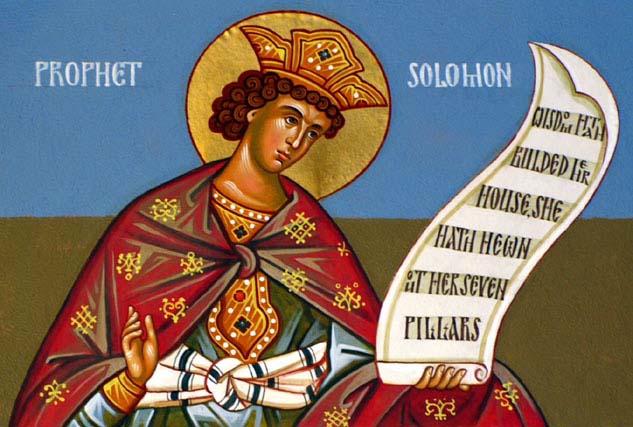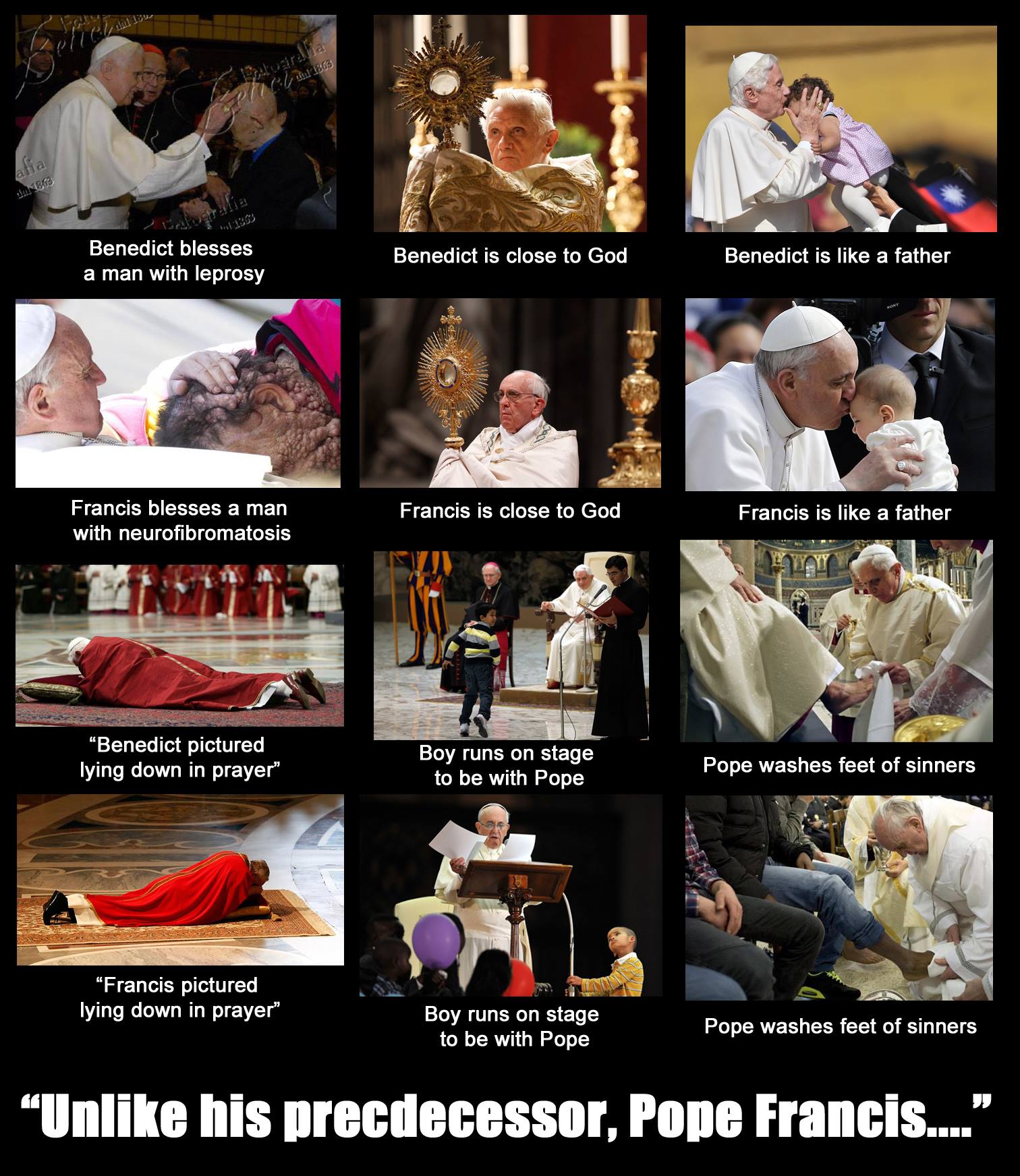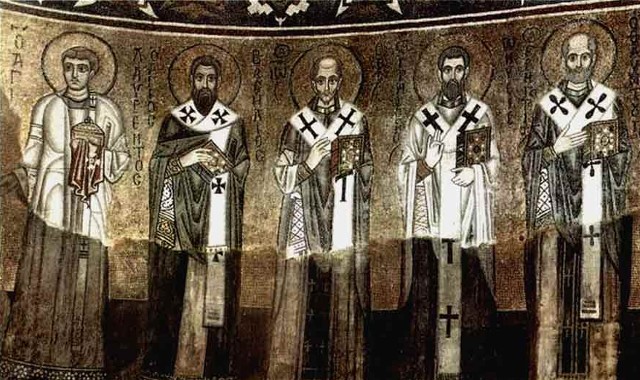A Little thought: Dangers of being literalistic…
For the last few weeks, for one reason or another, I haven’t been able to attend the Divine Liturgy at my parish, meaning that I’ve had to go to a Roman Mass instead. The Readings for the last couple of weeks in the Roman Lectionary have been rather interesting. Over the next couple of days I wanted to share a few extremely brief thoughts…
The First Reading on 27th July caught my attention. We heard of Solomon’s encounter with the Lord, and God’s gift to him of divine wisdom. At the end of the passage, God says to Solomon the following:
“I give you a heart so wise and understanding that there has never been anyone like you up to now, and after you there will come no one to equal you.” – 1 Kings 3:12
It struck me that this is a perfect example as to why we have to be careful when we interpret the Bible. If we were to take this passage literalistically*, we would have to conclude that Solomon is absolutely, categorically, the wisest man ever. However, from the Christian point of view, that’s not true, is it? What about Jesus? Wasn’t Jesus wiser than Solomon?
“Well, obviously, Jesus is the exception!” some might say. Now, that’s true, but it does at least demonstrate the point that words like “never” and phrases like “no one” aren’t always quite as absolute as they may first appear.

* This is in contrast to interpreting a passage literally, which is where we look to the meaning intended by the Author. The phrase “It’s raining cats and dogs”, when literally interpreted, means that it’s raining heavily. To interpret “It’s raining cats and dogs” literalistically means that family pets are falling form the sky.
 We’re back to classical music for this week:
We’re back to classical music for this week: 

 Here is Steve Martin singing from the Atheists’ Hymnal…
Here is Steve Martin singing from the Atheists’ Hymnal…